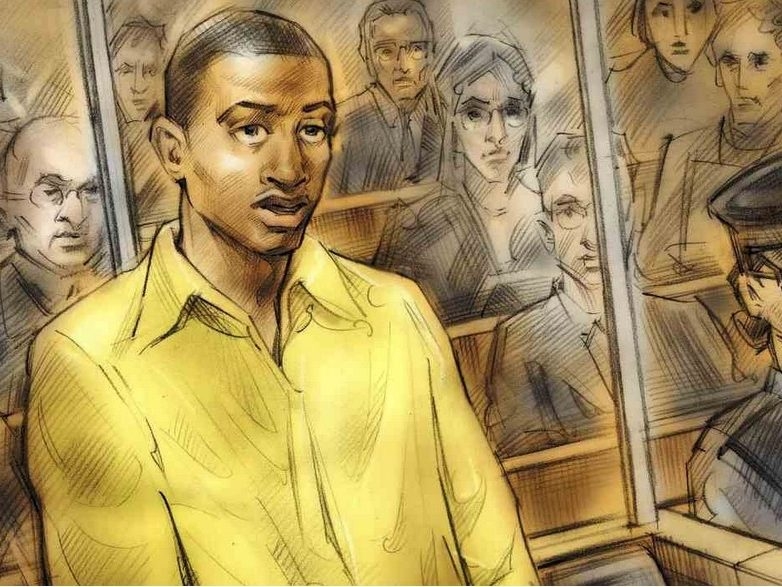A seismic shift has occurred in New York City, as voters have elected Zohran Mamdani, a 34-year-old Democratic socialist, as their next mayor. The victory, secured in a resounding landslide, marks a historic first – the city’s first Muslim mayor.
Mamdani’s campaign wasn’t built on vast wealth or established power, but on a relentless, grassroots effort. Thousands of volunteers poured into neighborhoods, spreading a message of affordability and a vision for a New York that works for everyone, not just the privileged few.
The election saw record turnout, particularly from younger voters, signaling a clear desire for change. Results began trickling in shortly after polls closed, but the official certification of his win ignited a wave of celebration among his supporters.

His path to victory wasn’t without obstacles. Mamdani faced a barrage of attacks targeting his religious beliefs, fueled by false and inflammatory accusations about implementing ‘sharia law.’ He confronted these challenges head-on, refusing to apologize for who he is.
He overcame a formidable opponent in Andrew Cuomo, the former New York state governor, who received a last-minute endorsement from Donald Trump. This dynamic framed the election as a battle between the old guard and a new generation of leadership.
Addressing a jubilant crowd at his victory party, Mamdani acknowledged he wasn’t the “perfect candidate” by conventional standards. “I am young, I am Muslim, I am a democratic socialist,” he declared, “and I refuse to apologize for any of this.”

Mamdani positioned his win as a triumph for the working class, those struggling to make ends meet in one of the world’s most expensive cities. He pledged to dedicate every day to improving the lives of New Yorkers.
Taking office on January 1st, he will become the city’s youngest mayor in over a century, representing a dramatic departure from the established political landscape. His energy and fresh perspective are already captivating the nation.
In a direct response to Trump, Mamdani powerfully asserted New York’s identity as a city of, by, and for immigrants. He challenged the notion that Trump’s influence is insurmountable, suggesting New York holds the key to defeating him.

Trump himself acknowledged the significance of Mamdani’s victory with a terse post, simply stating, “AND SO IT BEGINS!” – a reaction that underscored the magnitude of the shift in power.
Mamdani’s story is one of immigration and resilience. Born in Uganda to an Indian mother and a Gujarati Muslim father, he moved to the United States as a child and became a naturalized citizen in 2018.
Despite achieving the highest office in the city, he faced threats, including suggestions from Trump and other Republicans that he might even be deported – a stark reminder of the prejudice he has overcome.
His policy platform centers on radical affordability. Mamdani has championed proposals like rent freezes, free public bus service, universal childcare, and the creation of city-owned supermarkets.
In a city where a modest apartment can cost thousands of dollars a month, these ideas resonated deeply with voters desperate for relief. He quickly established himself as a voice for those feeling left behind.
Mamdani has also been a vocal critic of Israel’s actions in Gaza and the West Bank, introducing legislation to revoke tax exemptions for charities supporting Israeli settlements deemed violations of international law – though the bill ultimately stalled.
His campaign wasn’t just about domestic policy; it was about challenging the status quo on the global stage, and advocating for human rights and social justice on all fronts.




